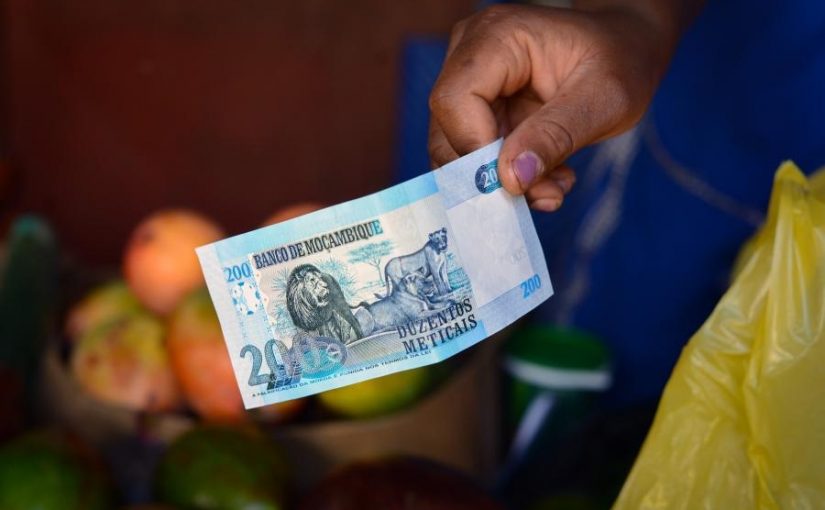Mozambique: Ireland to invest €5.4M in Niassa social infrastructure
Mozambique: Q1 short-term domestic debt servicing cost €264M

File photo: Lusa
The refinancing of Mozambique’s short-term domestic debt issues cost 19.211 billion meticais (€264 million) in the first three months of the year, but the Ministry of Finance doubts the effectiveness of the measure.
According to data from the Ministry of Finance report on the evolution of public debt from January to March, compared to December 2024, this represents an increase of 8.9% in the ‘stock’, corresponding to an additional 36.223 billion meticais (€498.1 million), influenced by the refinancing of short-term debt.
“Although this is a liability management operation, with the aim of mitigating refinancing risks and improving the predictability of debt service, its effects have proven to be adverse due to refinancing under more onerous terms and conditions, contributing to the increase in the debt stock and raising concerns about the effectiveness of the strategy adopted and its sustainability in the medium term,” the report reads.
In addition, the document acknowledges, domestic debt, which closed the first quarter at 443,218 million meticais (€6,094 million), “was aggravated by the issuance of debt in advance under the central bank’s Credit Facility”, in the amount of 21,600 million meticais, which represents a growth of 23.8%.
“This is a short-term operation with the aim of providing liquidity to the State treasury, which should be repaid by December 31, 2025, and should therefore not have a permanent impact on the stock of domestic debt,” it states.
The Mozambican government plans to hold five debt swap auctions for domestically issued debt this year, totalling almost 26,223 million meticais (€365 million), according to a document from the Ministry of Finance previously reported on by Lusa.
According to the document, regarding the situation of Mozambican public debt, the approval of ministerial decree 87/2024 “marked the introduction of swap auctions, within the scope of the reform measures recommended by the Medium-Term Debt Management Strategy”, for the period 2022-2025.
This is “one of the liability management operations implemented to improve the public debt profile”, it reasoned, adding that five debt swap operations have been identified for this year – the first completed in March and another scheduled for May – concerning Treasury Bonds issued between 2020 and 2022, which mature in 2025.
Five identical debt swap operations are also planned for 2026, and three in 2027.
In March, financial rating agency Standard & Poor’s downgraded the rating of Mozambique’s domestic public debt issues to Partial Default, due to delays in payments to creditors and changes in a debt issue, as previously reported by Lusa.
S&P described Mozambique as having “swapped 3.7 billion meticais [€51.5 million] of debt in local currency, maturing in March 2025, for bonds with a longer maturity and lower interest rates, maturing in March 2030”, pointing out that “the continued use of these liability management operations, combined with a history of delays in payments of domestic debt, reflects Mozambique’s fiscal and liquidity constraints”.
S&P says that “this transaction is problematic and amounts to a default” and that it has therefore downgraded the risk rating of the “local issues” from CCC- to ‘SD’, the initials for Selective Default, or partial default.
Despite this position, the Mozambican Finance Minister, Carla Loveira, insisted that the swap auctions are part of the current debt management strategy (2022-2025), which will be reviewed by the government for the period 2026 to 2029.
“We are on a trajectory of debt growth that could call into question the State Budget, so we do need to review this strategy,” she said.












Leave a Reply
Be the First to Comment!
You must be logged in to post a comment.
You must be logged in to post a comment.